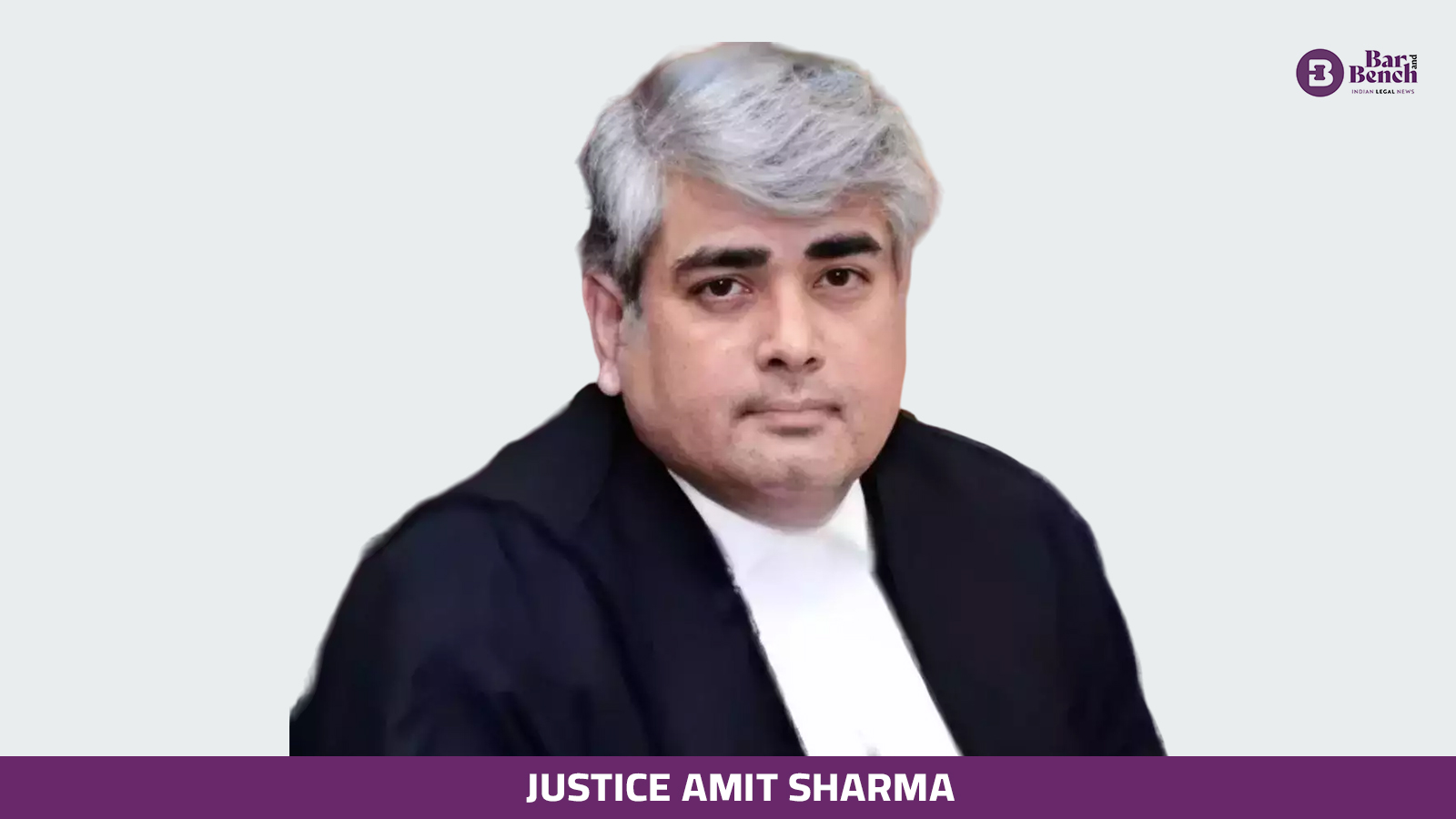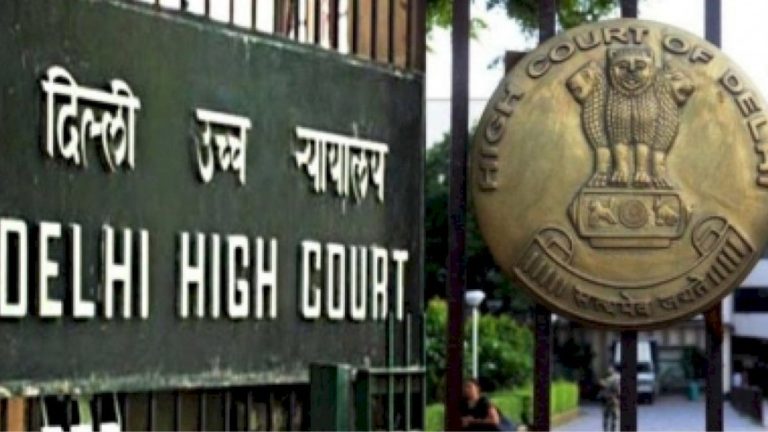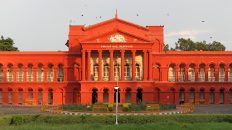The Delhi High Court recently observed that an employer who takes harsh decisions in the discharge of his duties cannot always be blamed for the suicide of an employee affected by such decisions, unless the employer had criminal intent to drive such an employee to die by suicide [Dr. G.K. Arora vs. State & Anr.].
The Court said that the employer may, during the course of his duty, make decisions that could cause hardship to the employee but that does not constitute the offence of abetment of suicide unless the employer has criminal intent to abet the employee’s suicide.
Justice Amit Sharma made the observation while quashing a trial court’s summons to Dr. GK Arora, the former principal of the BR Ambedkar College, Delhi University and a senior assistant named Ravinder Singh (petitioners) in a 2013 suicide abetment case.
“This Court is of the considered opinion that person holding a certain post, whether in private sector or public sector, in the course of duties have to take certain decisions which at time can be harsh causing hardship to an employee. The same cannot, in the absence of the requisite mens rea, be termed as an action which would amount to incitement/abetment in terms of Section 306 of the IPC,” the Court observed.

The petitioners had challenged the trial court’s decision to summon them in connection with the death of a former woman employee of the college who immolated herself in 2013.
The lady employee had self-immolated in front of Delhi Secretariat in 2013 and later succumbed to her injuries after giving a statement to the police.
In her statement, as well as in a suicide note, the deceased employee blamed the petitioners as well as several authorities, including the Vice Chancellor of Delhi University and the then Chief Minister of Delhi late Sheila Dikshit for not supporting her.
Notably, she alleged that she had been subjected to heavy workload and physical and mental harassment by the petitioners. She added that the higher authorities had not acted on her complaints about such harassment. She further claimed that she was unjustly terminated from service in 2012.
However, the Court found that the previous complaints filed by the deceased employee had been duly considered and closed by the concerned authorities.
Further, the Court observed that there was a time gap of more than a year between the deceased employee’s termination from service and her death. It was noted that during this time gap, the petitioners had not communicated with the deceased employee or done anything that would cause her to die by suicide.
“There is nothing on record to demonstrate that the petitioners were in contact, in any manner, with the deceased post her termination and immediately before the attempted suicide. In fact no overt or covert act(s) has been attributed to the petitioners which was proximate to the time of the attempt to suicide by the deceased,” the Court said.
The Court concluded that the trial court order did not explain how a case of abetment of suicide under Section 306 of the Indian Penal Code (IPC) was made out from the allegations in the suicide note, particularly when the police had sought to file a closure report on the ground that there was no evidence to make out such a case.
It, therefore, quashed the trial court order.
“All the complaints filed by the deceased were closed after due enquiry. The said complaints were dealt by different statutory bodies which were not under the immediate control of petitioner no. 1. The grievance of the deceased in the suicide note was in fact just not against the present petitioners but also against other persons mentioned therein. The said note even blamed the Hon’ble Chief Minister, Delhi as well as Vice Chancellor of Delhi University. The incident of attempted suicide has already been enquired into by the Enquiry Committee constituted by National Commission for Women and Shri B.L. Garg Commission apart from the present chargesheet in which the petitioners stand exonerated. Therefore, in the facts and circumstances of the present case, the present petitions are allowed,” the Court reasoned.
Advocates Richa Kapoor, Kunal Anand, Jai Batra, Saloni Mahajan, Sandesh Kumar, Sakshi and Atika Singh appeared for Dr. GK Arora and Ravinder Singh.
Additional Public Prosecutor Amit Ahlawat appeared for the State.
Source: barandbench
Stay connected with us on social media platforms for instant updates click here to join our LinkedIn, Twitter & Facebook



































